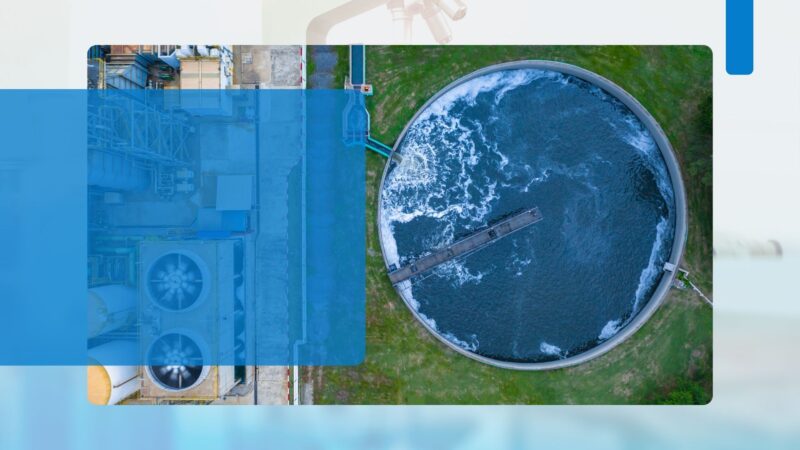The pharmaceutical machine manufacturing industry plays a vital role in producing the machinery needed for pharmaceutical drug production. However, this manufacturing process generates wastewater that contains various contaminants and byproducts. To mitigate the environmental impact and comply with regulatory standards, wastewater treatment plants are a necessity in pharmaceutical machine manufacturing.
The Environmental Challenge
Pharmaceutical machine manufacturing processes involve the use of various chemicals, cleaning agents, and materials that can contribute to water pollution if not properly managed. Contaminants in wastewater can include heavy metals, solvents, oils, and organic compounds, which pose environmental risks and can harm aquatic ecosystems if released untreated. The environmental challenge facing this industry underscores the importance of effective wastewater treatment.
The Role of Wastewater Treatment Plants
Wastewater treatment plants (WWTPs) are essential for the pharmaceutical machine manufacturing industry for several reasons:
1. Regulatory Compliance:
- Compliance with environmental regulations is mandatory for all industries. WWTPs help pharmaceutical machine manufacturers meet discharge limits and avoid penalties.
2. Environmental Stewardship:
- Adopting responsible environmental practices enhances a company’s reputation and demonstrates commitment to sustainability.
3. Protecting Water Resources:
- Properly treated wastewater prevents the contamination of local water bodies, protecting the environment and public health.
4. Resource Recovery:
- WWTPs can incorporate processes for resource recovery, such as capturing and reusing valuable chemicals or materials from wastewater.
Advanced Technologies in Wastewater Treatment
The pharmaceutical machine manufacturing industry relies on advanced technologies to treat wastewater effectively. These technologies are chosen based on the specific contaminants present in the wastewater and the desired treatment goals. Here are some advanced wastewater treatment technologies commonly employed:
1. Biological Treatment:
- Biological treatment uses microorganisms to break down organic contaminants. Aerobic and anaerobic processes can be applied based on the oxygen levels in the wastewater.
2. Chemical Precipitation:
- Chemical precipitation involves adding chemicals to wastewater to form insoluble precipitates that can be easily separated from the water.
3. Filtration:
- Filtration systems, such as activated carbon filters and membrane filtration, can remove suspended solids, organic matter, and some dissolved contaminants.
4. Advanced Oxidation Processes (AOPs):
- AOPs use advanced oxidation methods like ozone or UV irradiation to break down persistent organic pollutants.
5. Reverse Osmosis (RO) and Evaporation:
- RO and evaporation processes are effective for concentrating and removing dissolved salts and contaminants from wastewater.
6. Sludge Management:
- Proper sludge management techniques, such as dewatering and incineration, ensure safe disposal of residual solids.
Implementation Considerations
Successful implementation of a wastewater treatment plant in pharmaceutical machine manufacturing requires careful planning and considerations:
1. Regulatory Compliance:
- Familiarize yourself with local and national environmental regulations and design the WWTP to meet or exceed these standards.
2. Customization:
- Tailor the WWTP design to the specific wastewater characteristics and contaminants generated in the manufacturing process.
3. Monitoring and Maintenance:
- Implement a robust monitoring and maintenance program to ensure the WWTP operates efficiently and effectively.
4. Resource Efficiency:
- Explore opportunities for resource recovery and reuse within the manufacturing process to minimize waste generation.
Wastewater treatment plants are indispensable in the pharmaceutical machine manufacturing industry to ensure environmental responsibility and regulatory compliance. By adopting advanced wastewater treatment technologies and responsible practices, pharmaceutical machine manufacturers can mitigate their environmental impact, protect natural resources, and contribute to a sustainable future. Implementing an efficient WWTP is not only a legal obligation but also a moral and ethical commitment to environmental stewardship.







